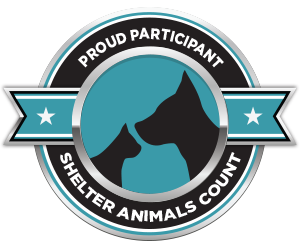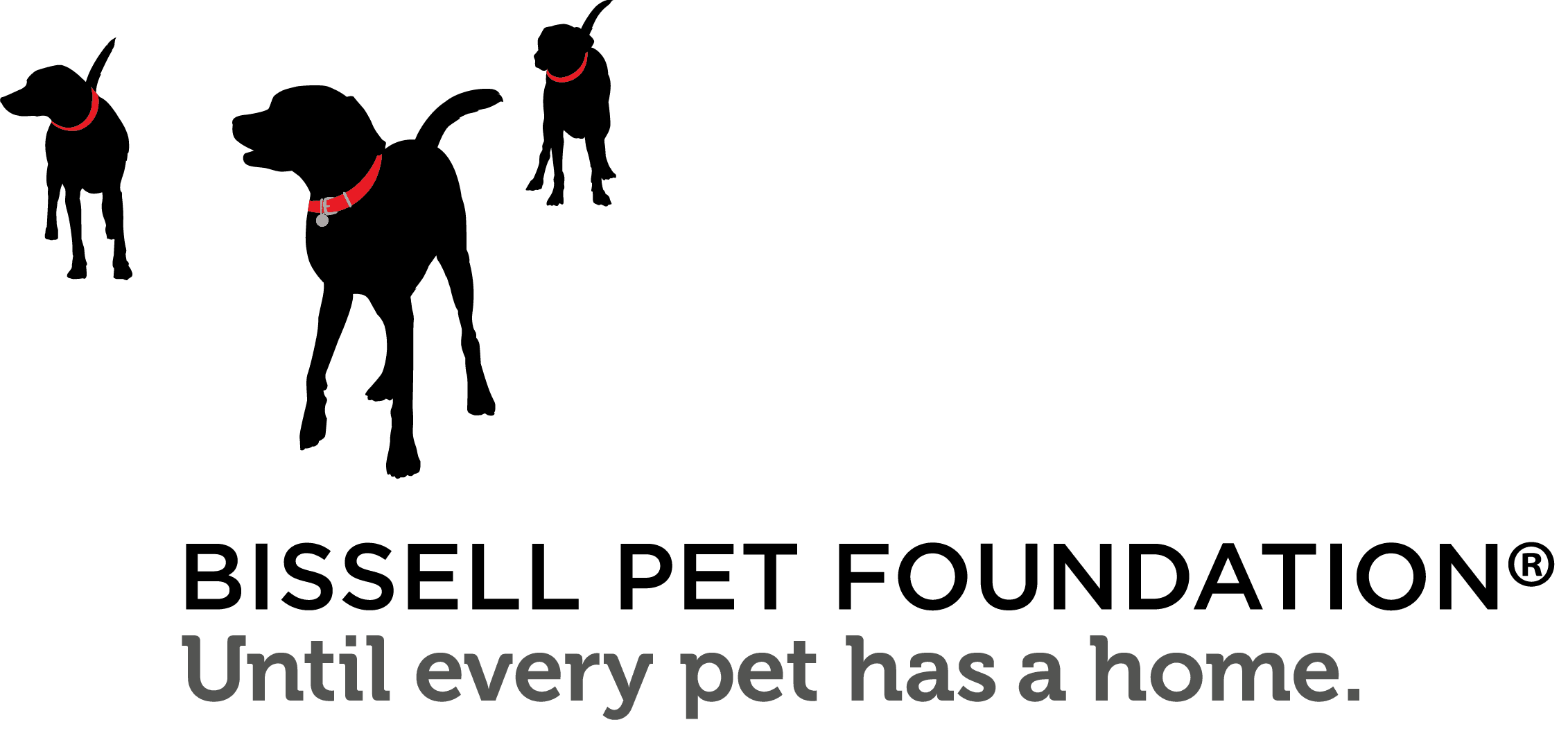Health Testing Guidelines
Feline Retrovirus and Heartworm Testing Protocol:
Health Testing is historically an expected part of the cat adoption process, but with each new study released, and every year, we adjust our protocols to be inline with the current recommendations from the AAFP (Association of Feline Practitioners), Best Friends Animal Sanctuary, Austin Pets Alive, Maddie's Fund.
We would like to start by reminding all adopters that we can't promise the health or longevity of any animal adopted. The following
There are 3 main components of the cat feline health assessment: Heartworm Disease, Feline Leukemia Virus, and Feline Immunodeficiency Virus. Here is a little information about those three diseases and why we would or wouldn't test for them before you adopt.
Feline Immunodeficiency virus is a retrovirus that can stay latent in a cat's immune system for months or years. Eventually it may activate and impact a cats ability to fight off normal infections. FIV can only be spread through deep penetrating wounds like typically found during territorial fighting and mating. It doesn't easily spread by close contact, sharing bowl or litterboxes or even typical playing and grooming. The most successful intervention to stop the spread of FIV is to ensure all animals are spayed and neutered. FIV is not known to shorten a cats life span or significantly impact their quality of life, though more prompt veterinary care should be sought for any illnesses noted.
Feline Leukemia Virus is a retrovirus that has more impact on a cats immune system and can be spread more easily through community contact, but also not as easily as previously thought. There is a effective vaccine for FeLV that must be boostered annually. FeLV is often spread from Mom to kittens and during mating. Cats are only likely to shed when their viral load is high and this can cycle up and down throughout the cats life. Cats with FeLV are more prone to some types of cancer and should have a regular monitoring program with their veterinarian. Cats with progressive FeLV (high viral load) can live 2-6 years post diagnosis. Kittens with FeLV will rarely live past 1 year of age. Some cats when exposed to FeLV will mount an immune response and push that virus into remission or even abort the infection. Cats with regressive or abortive infections may live normal lives with minimal impacts.
The 2020 Retrovirus Management Guidelines address an emerging trend where screening for FeLV and FIV is increasingly shifting from animal shelters to veterinary practices. The rationale is based on the cost of testing cats each year to identify only a few positive for FeLV or FIV. At the Beatrice Humane Society, in 2022, we tested 900 kittens and cats for FeLV or FeLV/FIV. It costed the shelter about $14,000. Our FeLV/FIV prevalence in our community is about 1.5%, which resulted in us spent $14,000 to identify potentially 14 infected cats. Additionally testing asymptomatic cats results in a higher than normal prevalence of false positives. We had an additional 14 false positives. The confirmatory testing for the false positives and the real positives cost our organization almost $5,000. All together our FeLV and FIV screening to cost our organization $19,000 for 14 cats- or $1,357 per positive cat. With these extreme costs, we have altered our testing guidelines, to create the highest likelihood of successful testing of positives and to keep our costs low so we are responsible with our donations AND keeping our adoption costs reasonable.
One recommendation from the 2020 Retrovirus Management Guidelines is to skip FeLV or FeLV//FIV testing for individually housed healthy cats and for kittens. Adopters should discuss testing with their veterinarian at the first vet visit and we recommend segregation until that exam and testing.
Our organization does test many of our adults and some of our kittens for FeLV depending on their risk of exposure. If the test is listed on the cats medical record it has been completed, but it is important to know that there are situations where a cat tests negative because there isn't enough infection to test positive yet, so retests with the cat's primary veterinarian may be warranted in the future at the adopters expense regardless of their test results in shelter. Our new protocol restricts FeLV/FIV testing to cats with known exposure to FeLV and FIV positive cats, bite wounds, abscesses and sick cats. Healthy kittens and some adult cats are no longer tested, but new adopters are strongly encouraged to discuss testing at their first vet visit.
Heartworm Disease is comparatively rare in cats, unlike dogs, cats are much less likely to become infected and the test is actually not looking for infection rather just exposure. Exposure does not confirm disease, and more importantly, there is no safe and successful treatment if the cat is actually infected. They will live out their life for months or years until the disease causes respiratory disease or sudden death. While that is never the outcome we want for an adopted pet, we also can't predict if it will even happen or when. We do however want every pet to feel the love of a family and home and since the test does not corelate with outcome or life expectancy, we will only test if the cat needs other testing and it is included. We encourage adopters to discuss risks and testing with your veterinarian if you have concerns or wish to pursue heartworm testing. Our adoption policy does allow for returns and adoption fee refunds in the first week post adoption. If this testing changes your willingness to adopt in this initial 7 day window, we will accept the pet as a return and refund the adoption fee or transfer the adoption fee to another pet. Read more about Feline Heartworm Disease here: https://www.heartwormsociety.org/heartworms-in-cats
Canine Heartworm Testing Protocol:
Inline the with American Heartworm Society's testing protocol BHS's testing protocol is below:
All dogs over 6 months of age are tested for Heartworm disease at intake.
Heartworm prevention and Flea/tick/mosquito prevention is started at the same time.
Dogs under 6 months of age are started on Heartworm prevention and Flea/tick/mosquito prevention without testing.
We recommend all adopters continue year round heartworm prevention and retest 6 months post adoption before starting annual tests coupled with year round prevention.
To learn more about heartworm disease, click here.





